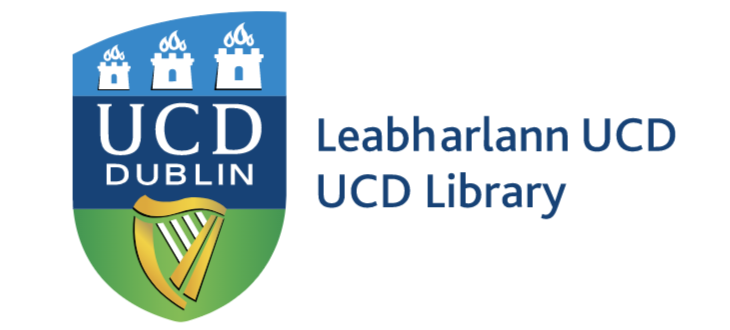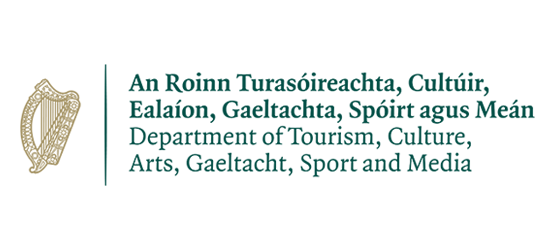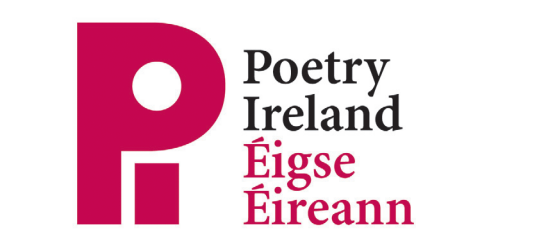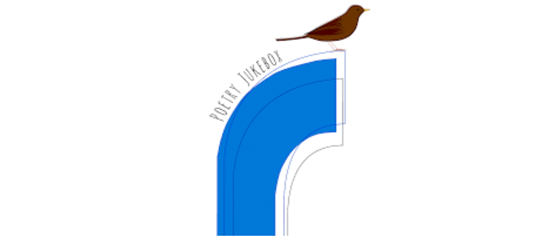Garden of Remembrance
by Thomas MacCarthy
These stones report for duty in story after story,
The garden a cistern of unsweetened water;
Time’s patina burnished by an effort to remember,
Such effort renewed at each national anniversary
Where sea-gulls glide over the field of slaughter
To uncover another trail of poems. Time is a hoarder
That gathers us together behind the box hedge
To remember glory, to define a lost cause
Or a cause renewed at the hour of remembrance.
We remember our prayers and the seagull’s rage,
So careful now – now so conscious of the past –
That we may not create more victims. What lasts
In a Republic is the living, and so in this age
I remember the living on this cold, grassy ledge.
ii.
Our remembrance is a form of theatre, as each
Remembrance is, in every nation. An eternal flame
Burns elsewhere and cenotaphs hold heroic names;
Remnants of us pepper each Normandy beach
And Poppies grow up out of our bones. But here
I think of the one nation the poets imagined
And think again of the two states we’re in,
A state of mystical borders and broken spears
Left by a silent procession of things left unsaid.
It’s not that our cowardice has deepened; or not
Cowardice, not that, but an indifference yet
Unchallenged, an indifference to the innocent dead
That creeps along the wall of memory, as moss
Or ivy muffle traffic noise or mask all heroic loss.
iii.
A shuffle of wet tiles, history’s lovely aquamarine –
All the weapons lie abandoned after battle
Like the leaves of Sessile Oak, Dair Ghaelach,
Which scatter in a sudden burst of wind. We seem
Drawn to history, fatally, the way troubled
Families want to pace across the same old ground
In the hope of comfort from what comes round.
I find an empty bench where history doubled
Back and came to life in a fantasia of warm metal;
Oisín Kelly’s mythic swan children now seem
Like children abandoned in refugee-camp or great famine,
Arms hanging loosely in great bronze petals –
After all the Troubles, politics wants to make peace
With art. Our memory is immovable in a stiff breeze.
iv.
James Connolly’s beautiful life, the high aesthetic
Of Pearse, the gift of three buttons from Con Colbert’s
Volunteer uniform, Thomas MacDonagh’s verse –
Listen, in this remembering place I pick
Strange names to add to the forgotten dead:
Willie Redmond explaining how at the Ulster line
In front of Ploegstreet the Southerners arrived
And words of love between two Irelands were said
Before slaughter swallowed the young. And Harold
Mooney of the RAMC, his shattered left thigh,
Should remind us of how the unsung are left to die
In a free state of dying slowly. All their untold
Stories haunt me still. Permit me to remember the dead
On the wrong side of revolution, the part they played.
v.
Mothers from another continent come here to rest.
Memory is a kind of cradle. Memory is a giant beech
In a sunlit meadow. I watch a new migrant child reach
Into this restored reflecting-pool, his outline traced
In a cruciform pool of disturbed shadows. What can he know,
This child of worldly exile, of the purpose
Of our centenary city park? How can you or I propose
A better Ireland, a safer shelter in the quiet meadow?
Here in this Irish world, in the last place where God
Found us useful, we have a duty to make a firm nest –
Not an ill-advised pageant or a national barricade.
When the midday sun breaks through, my eyes rest
On harp and acorn, on trumpet and bronze hands,
On things a family without our history understands.
Film by Irish Writers Centre
Music by Colm Mac Con Iomaire
Narrated by Mia Gallagher
Directed by Pádraig Burke





